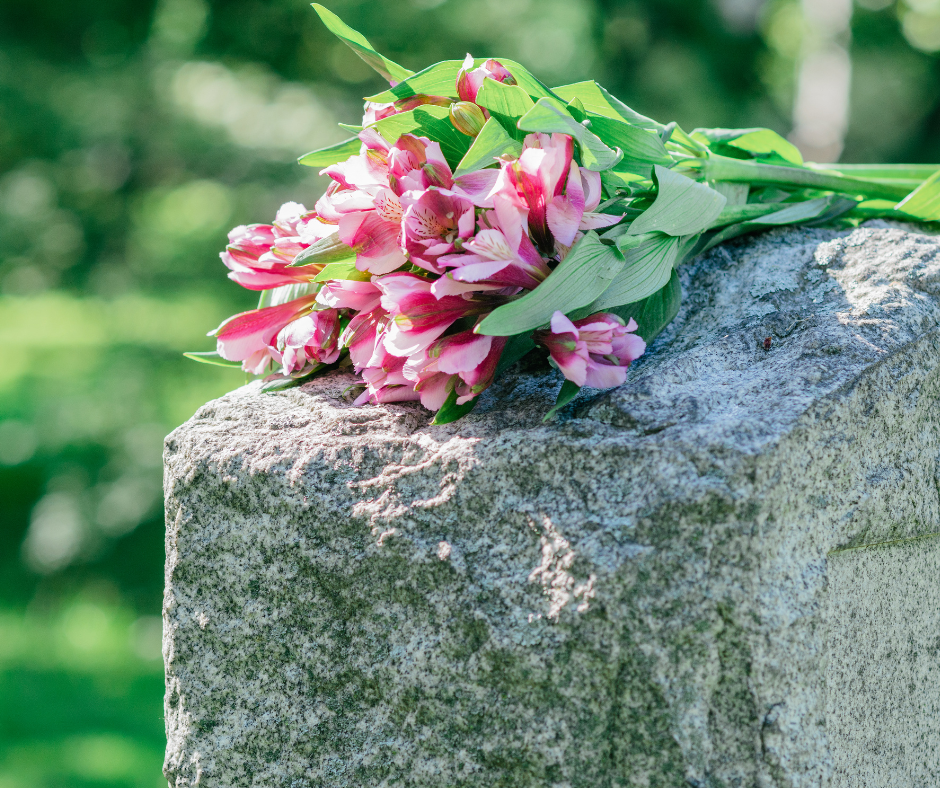What is Water Cremation
Water cremation, also known as alkaline hydrolysis, represents an environmentally conscious alternative to traditional flame cremation. This gentle process uses water and alkaline solution to naturally reduce human remains, mimicking the way nature handles natural decomposition, but at an accelerated pace. Unlike traditional methods, this process provides families with a peaceful, environmentally responsible option for their loved ones' final arrangements.


